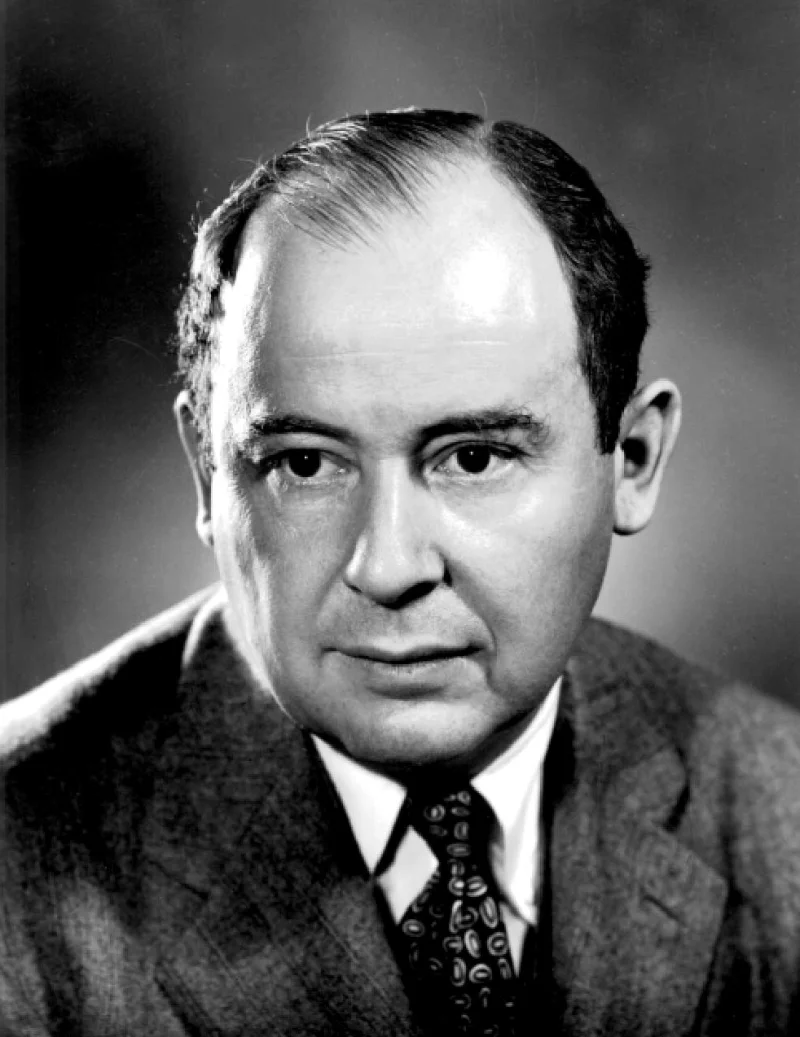Short Summary
E. O. Wilson, an eminent American biologist, was renowned for his pioneering work in biodiversity and sociobiology. With a career spanning several decades, he made significant contributions to the understanding of the natural world and was a passionate advocate for conservation. His work and publications have deeply influenced the fields of ecology and biology, earning him two Pulitzer Prizes and widespread recognition as one of the leading scientists of the 20th century.
Early Life & Education
Edward Osborne Wilson was born on June 10, 1929, in Birmingham, Alabama. His childhood was marked by a profound curiosity about the natural world, a fascination that was kindled by his experiences in the outdoors. Despite losing sight in one eye due to a childhood accident, he developed a keen interest in ants, which became a lifelong focus. Wilson pursued his education at the University of Alabama, earning a degree in biology, before obtaining his Ph.D. at Harvard University. These formative years laid the foundation for his distinguished career as a biologist and author.
Career Highlights
Wilson's career was characterized by groundbreaking research and influential publications. He began his career at Harvard, where he served as a professor and curator in entomology. His research on ant behavior led to the development of sociobiology, a field that examines social behavior in evolutionary terms. He published several influential books, including "Sociobiology: The New Synthesis" and "The Ants," co-authored with Bert Hölldobler. Throughout his career, Wilson was a vocal advocate for biodiversity and conservation, emphasizing the importance of preserving the planet's natural habitats.
Major Achievements
- Wilson was awarded the Pulitzer Prize for General Nonfiction twice, for "On Human Nature" and "The Ants".
- He introduced the concept of sociobiology, revolutionizing the study of social behavior in animals and humans.
- Wilson co-founded the E. O. Wilson Biodiversity Foundation to promote the preservation of the Earth's biodiversity.
- He authored over 30 books and numerous scientific papers, influencing generations of ecologists and biologists.
Famous Quotes
- "The real problem of humanity is the following: we have paleolithic emotions; medieval institutions; and god-like technology."
- "In the end, however, the question of why is answered not by the scientist, but by the poet, the philosopher, or the theologian."
Interesting Facts
- Wilson discovered over 400 species of ants during his career.
- He was an advocate for the "Half-Earth" concept, proposing that half of the Earth's surface should be dedicated to nature.
- Wilson's research in the Florida Keys led to the development of the theory of island biogeography.
- He was a recipient of the National Medal of Science in 1976.
Legacy / Influence
E. O. Wilson's legacy is profound, reshaping our understanding of the natural world and our place within it. His advocacy for biodiversity and conservation has inspired countless efforts to protect the Earth's ecosystems. His theoretical contributions, particularly in sociobiology, continue to influence the study of ecology and evolutionary biology, ensuring his impact will be felt for generations.
FAQ
Q: Why is E. O. Wilson famous?
A: He is renowned for his pioneering work in sociobiology and biodiversity conservation.
Q: What are some of Wilson's most influential books?
A: Notable works include "Sociobiology: The New Synthesis" and "The Ants".
Q: What awards did Wilson receive?
A: He received multiple awards, including two Pulitzer Prizes and the National Medal of Science.
Q: How did Wilson contribute to science?
A: He contributed through groundbreaking research in entomology and his advocacy for biodiversity and conservation.











